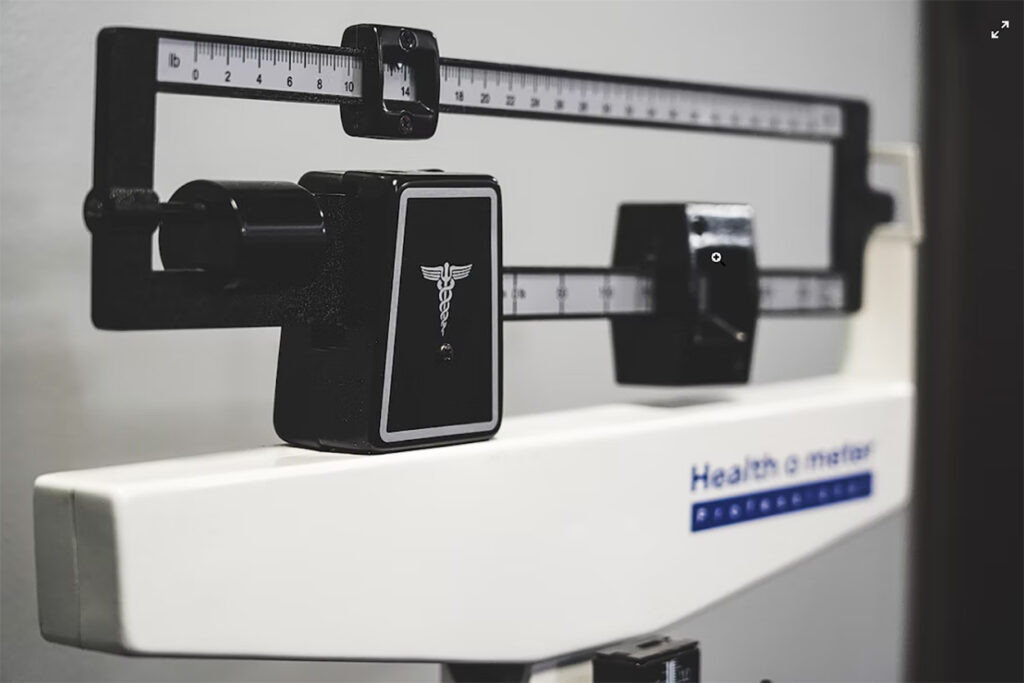Should You Invest in a Smart Scale?
With all the ongoing technological advancements in this day and age, nearly everything has become smart, from phones and TVs to watches and even refrigerators and hospital beds. Now, even bathroom scales are getting the same treatment. But what are these smart scales? As its name implies, these devices are weighing scales with the added feature of being able to communicate with their respective applications for tracking all sorts of data.
But are all the bells and whistles they go with really essential? Moreover, do they make these products worth the investment? Before we answer this question, let’s look into what smart scales can do first.
Smart scale—what is it?
The abovementioned definition might be an oversimplification. However, at their core, smart scales are devices that boast features, including but not necessarily limited to collecting data and tracking and storing information using internet-based systems. Usually, they communicate through smartphone or tablet applications, but it’s not uncommon to access the program using a computer. While these scales are still tools used to measure body weight, they also offer additional functions like remote monitoring for their users.
Most commercial smart scale products work via a BIA or bioelectrical’s impedance analysis, which measures the body’s resistance to electrical pulses. These devices generally have a few electrodes that send currents through the lower body. With it, they’re able to provide estimates on metrics ranging from fat and bone to muscle.
What do smart scales measure?
As previously mentioned, smart scales can still fulfill their intended function of measuring weight and giving users the ability to record the data. However, depending on brand and model, they may also be able to track the following metrics:
- BMI – Body mass indexes are values often used for determining a person’s health status. It’s also used to check whether or not a person is overweight. While it does provide a ballpark estimate of physical health, there are some flaws. For example, muscular people may be considered overweight as they generally weigh a lot, although their bodies are composed of lean mass.
- Body fat – The percentage of body fat is the measurement of the fatty tissue of total weight, including stored and essential fat. It’s an excellent factor to consider regarding overall health. Of course, lower percentages are the objective, but it’s crucial not to reduce it too much as it may affect your health.
- Muscle mass – The opposite of body fat, muscle mass refers to the amount of body weight that’s made up of your muscle tissues. It’s a metric advantageous to people looking to gain muscle and bulk up. With smart scales, it’s possible to get a reasonably accurate estimate for it.
- Lean mass – Also called fat-free body weight, lean mass is the total weight without the fat. It may appear similar to muscle mass, but this metric includes water and bone density weight.
Conclusion
Smart scales may not necessarily be precise with calculations and metrics but they still offer some value. This is especially true for fitness enthusiasts or those looking to keep track of their health. Thus, they’re worth the investment. However, be sure to read reviews before making any purchases to know which one is worth your money.


